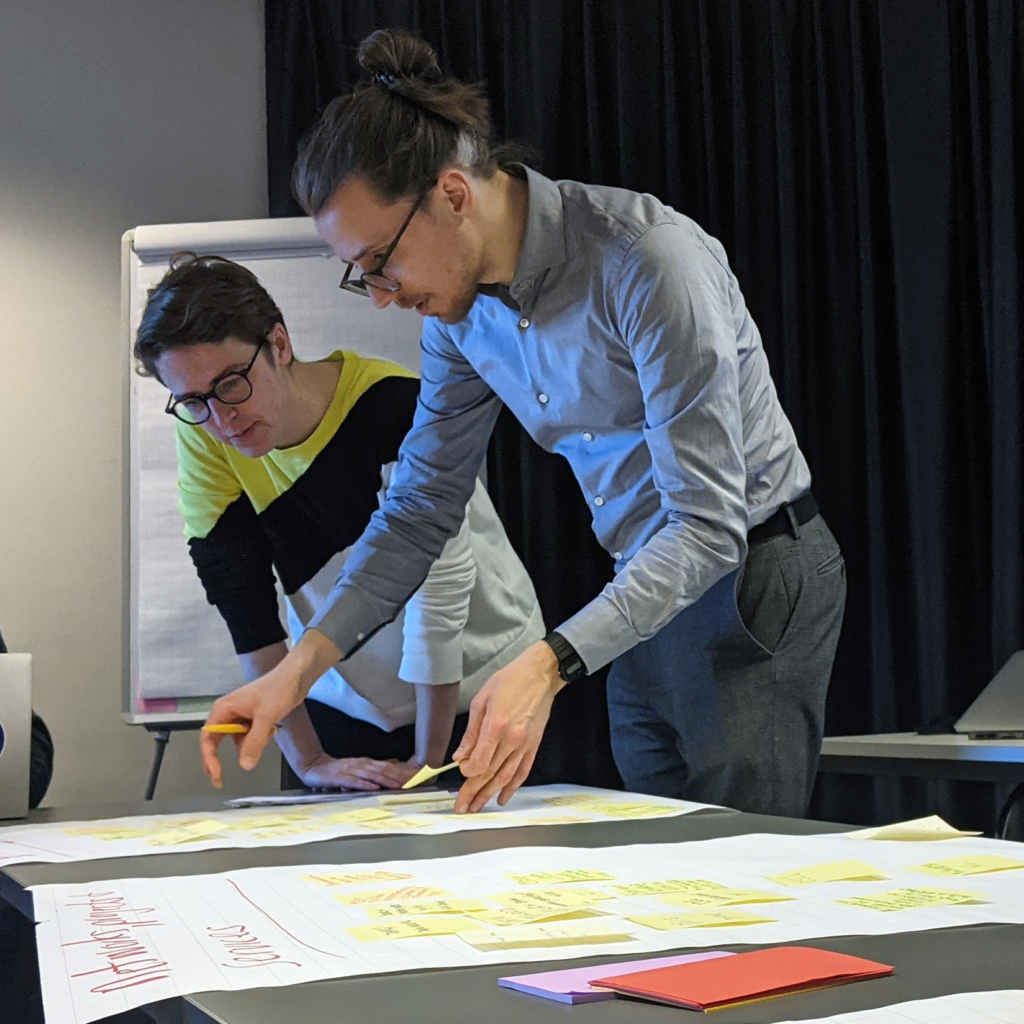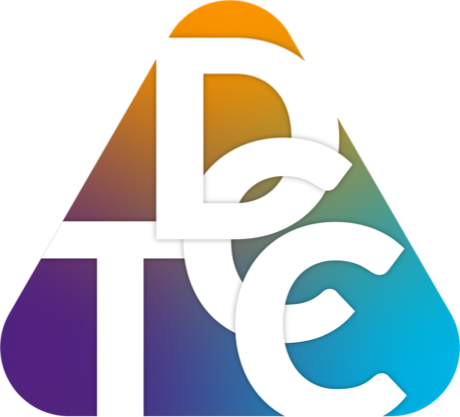TDCC Social Sciences & Humanities

Through our network activity and investments, the goal of the TDCC SSH is to accomplish a substantial increase of reusable research data and software across the domain. We’ll do this by supporting researchers and support staff to address issues related to the collection and usage of data and software. We’ll provide funding and advocate for knowledge sharing, awareness raising, digital transformation and policy development.
We will support and invest in data and software management practises that critique, challenge and transform the distribution of power in academia and society at large. On our path to achieving data justice, we will consistently engage in self-reflection, maintain transparency, and be accountable for our actions.
We’ve identified five activity areas to facilitate this work, outlined in our Roadmap (linked below):
- Increasing the amount of findable, accessible, interoperable and reusable (FAIR) research data and software
- Raising awareness amongst researchers about FAIR data and software practices
- Enhancing the awareness of available digital data and SSH-oriented tools
- Addressing pressing issues related to the collection and usage of data, like privacy and copyright legislation and the high costs of collecting and producing digital data
- Building an open, inclusive and equitable network
